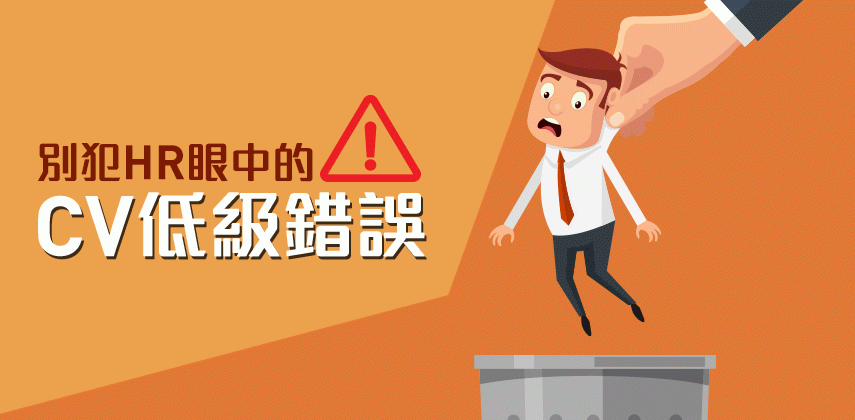With so many people spending so much time in the office advancing their careers, it’s now more important than ever to be working in a comfortable and safe environment. At best, your colleagues can become some of your greatest friends; at worst, they can feel like enemies. To maintain professionalism in the workplace however, it is imperative that coworkers are at least cordial and civil towards one another. That’s sometimes easier said than done, especially if one or more of your coworkers has a temper and is confrontational. You always want to keep your composure in the workplace, so here are some tips on how to deal with angry coworkers.
Don’t respond with anger. It’s normal to get upset when aggressively confronted. When you feel under attack, it’s natural for your body to go into its automatic “fight or flight” mode, which can lead you to become angry yourself. It can be difficult, but when dealing with an emotional coworker, you want to respond calmly and intelligently. A good strategy is learning how to manage your emotions. Practice deep-breathing so that you can stay relaxed during tense interactions. While dealing with an angry coworker, if you feel yourself beginning to lose your cool, politely excuse yourself from the conversation and walk away. Calm down before continuing any further interaction with your coworker.
Identify the cause. In order to address the issue, determine why the person you’re dealing with feels angry. Ask questions to get to the root cause of your coworker’s discontent. Gently encourage them to explain the situation from their perspective. Don’t interrupt, but keep on asking questions until they’ve fully explained themselves. Try to see things from their point of view as they express their feelings. When it’s your turn to respond, speak slowly and calmly. Try not to use generic statements, such as, “I understand how you feel.” Instead, use specific and clear statements that rephrase what they have said. For example, if your coworker says, “this report was due last week and you have completely ignored me,” you could say, “so, you feel that I neglected you when you needed something from me, is that correct?” This shows that you really do understand how they feel. Now that you have the cause, you can get to the solution.
Find a solution and apologise. Once you have understood the situation, try to avoid making excuses or defending your actions, or that of your team’s. Being defensive can make others feel even angrier than they already are because they feel you are not taking responsibility. Instead, ask what you can do to resolve the situation and make things right. You also need to offer an appropriate apology if one is due. People like to know that they have been heard and that you are sorry for your actions or non-actions. Extending an apology will also help to rebuild the relationship so that the tension does not persist after the issue has been resolved.
Distance yourself emotionally. Sometimes, your coworker’s anger has nothing to do with you. Perhaps your coworker received some bad news and is taking it out on you. This isn’t very professional, but when you recognise that the anger may have nothing to do with you personally, it can be easier to cope with the situation. If you’re normally on good terms with this person, perhaps you can ask questions or offer a friendly ear. If you don’t feel this is your place,but you know the anger is not due to something you did, then you can distance yourself emotionally and take it with a grain of salt. Of course, if this coworker is being hostile, you have every right to ask that he or she be more professional. If necessary, do not be afraid to involve your boss to help neutralise the situation.
Distract them. Most times, once there has been a resolution and an apology, your coworker’s anger will dissipate. If they still seem angry or they are simply in a bad mood, a great way to dissolve the anger is to distract them. The best distraction is with laughter because it’s impossible to laugh and be angry at the same time. This can be tricky to maneuver because you want to eliminate the tension, but you don’t want to make your colleague even angrier by making feel as if you are disregarding or belittling their feelings. Keep in mind, however, that if your coworker is experiencing intense levels of anger, they may be unwilling or unable to change the subject, at which point you’ll need to go back over the resolution or if necessary,involve your boss.
Above all else, always remember that you have a right to feel safe in your workplace. If you feel threatened by an angry coworker, leave the room immediately if the encounter escalates or if you’re too upset to resolve the problem on your own. Ask your boss or another trusted coworker to help meditate the situation. If a situation seems out of control, report the incident to your HR department. For the most part, unless your coworker has an anger management issue which requires external assistance, these tips will help alleviate the stress you may feel when dealing with an angry coworker.





